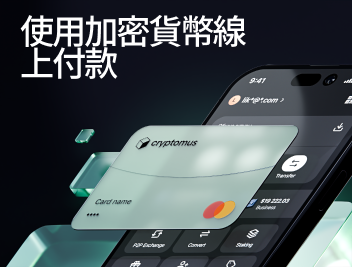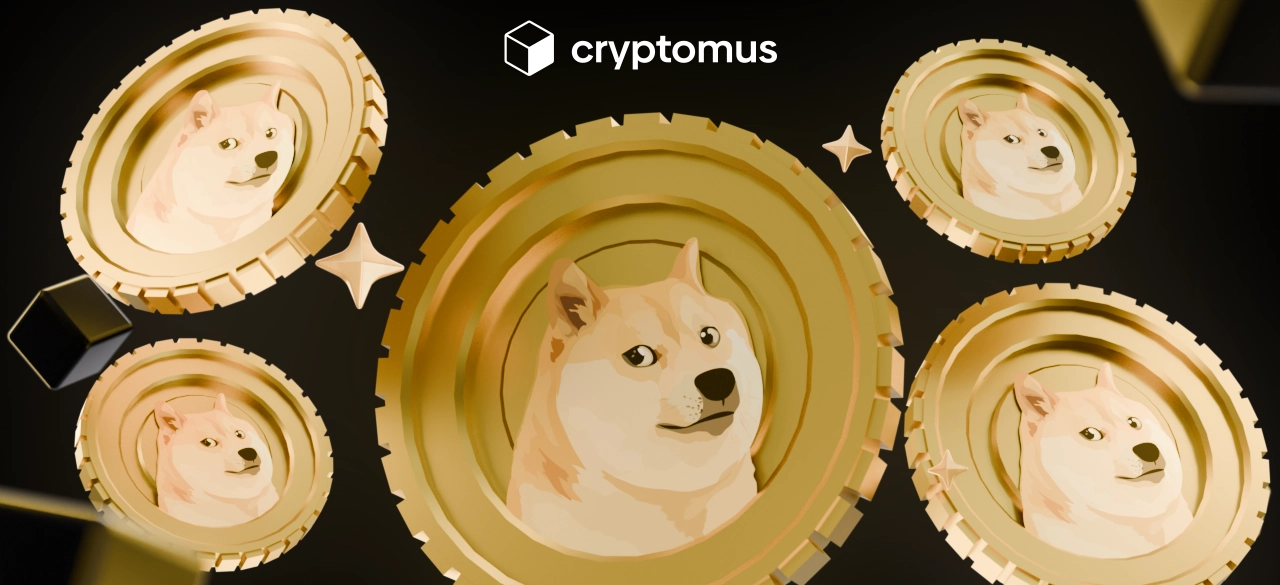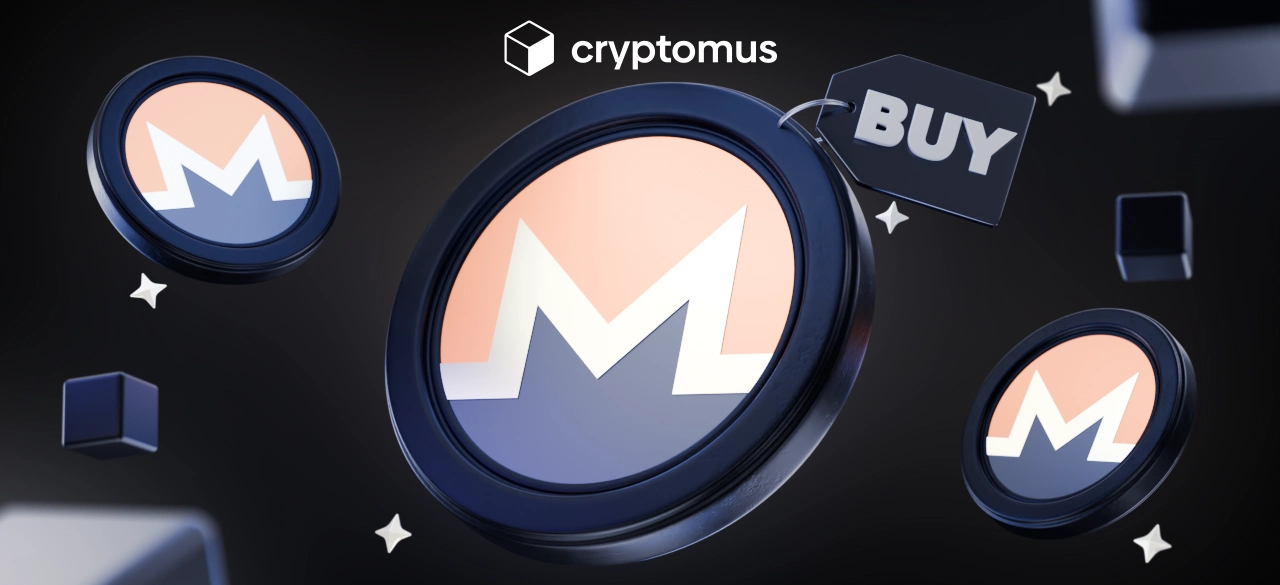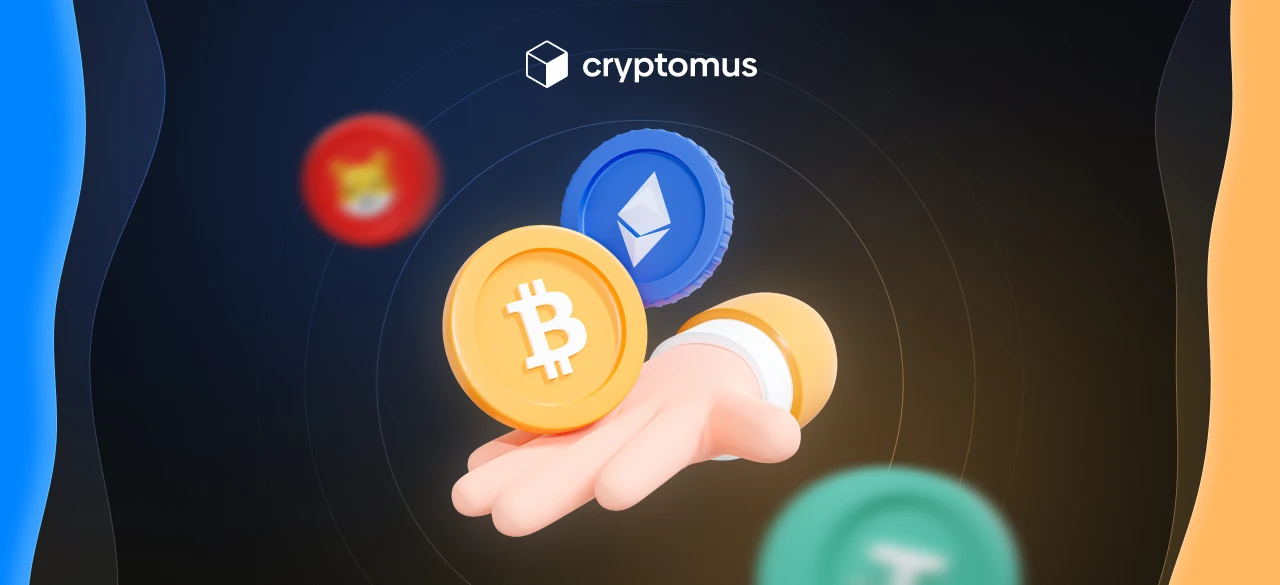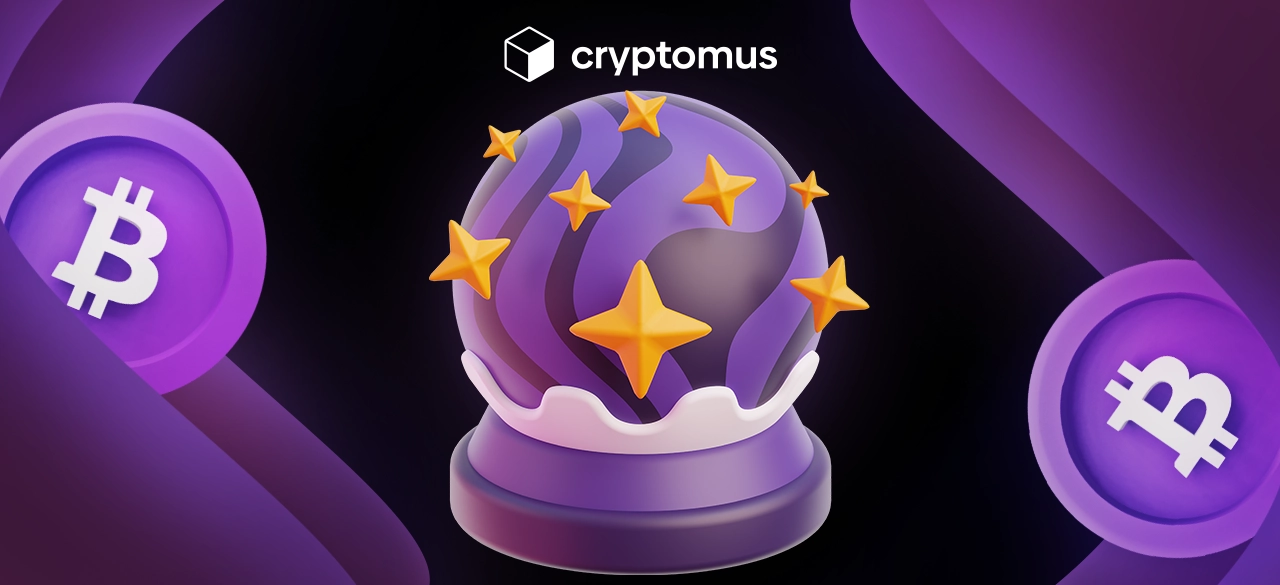
什麼是區塊鏈預言機:了解其角色和功能
目錄
在快速發展的去中心化技術世界中,區塊鏈預言機已成為關鍵組件,彌合區塊鏈與外部世界之間的鴻溝。
本指南深入探討區塊鏈中的預言機概念,解釋其功能、重要性、類型以及實際應用。
什麼是區塊鏈預言機
區塊鏈預言機的本質在於為區塊鏈網絡提供外部數據,該網絡與智慧合約的數據源相連。這些智慧合約是自動執行的合約,協議條款直接寫入程式碼中。
由於區塊鏈的主要設計會將即時數據鎖定,因此創新的預言機在使智慧合約能夠與現實世界的事件和資訊互動方面發揮了至關重要的作用。
區塊鏈預言機如何運作
區塊鏈預言機透過收集外部來源的數據並將其輸入到區塊鏈來運作。這些數據可以是價格資訊、天氣狀況、航班狀態或交易結果。區塊鏈預言機服務包括在將數據提交到區塊鏈之前對其進行處理和驗證,在區塊鏈中,這些數據可以根據預定條件觸發智慧合約的執行。
區塊鏈中的預言機將關鍵資訊從線下來源傳輸到智慧合約。這些數據將決定協議的進一步結果。
區塊鏈預言機的目的
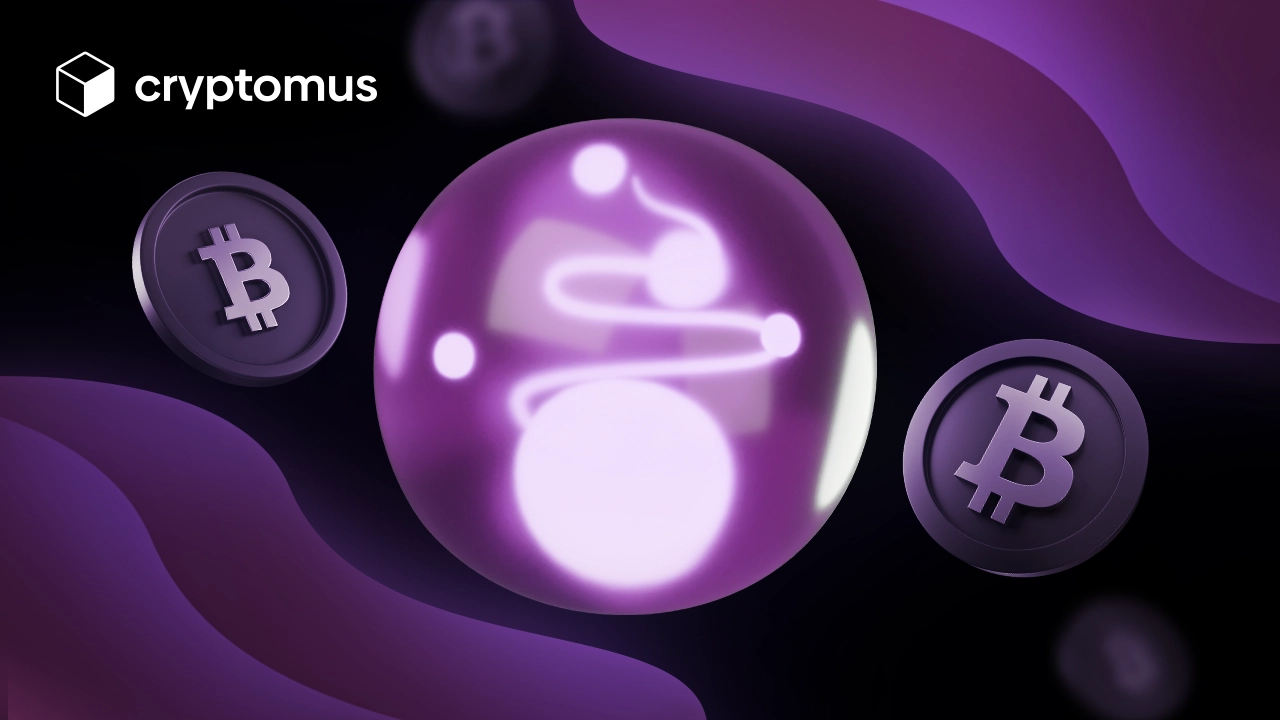
促進與現實世界的整合
區塊鏈預言機最基本的目的是彌合區塊鏈與外部世界之間的差距。事實上,根據設計,區塊鏈無法獨立存取或驗證外部數據。 預言機使智慧合約能夠與現實世界的事件互動並作出反應。例如,市場價格的變化、天氣狀況或貨物的完成交付。這種整合極大地擴展了區塊鏈技術的潛在用例,使其能在各個行業中產生實質性影響。
增強智慧合約的功能
智慧合約的主要特點是當協議雙方滿足某些條件時,它們會自動執行。然而,如果無法存取外部數據,這些條件的範圍將受到嚴重限制。 因此,預言機和區塊鏈賦予智慧合約基於廣泛的即時數據做出決策的能力,使其更加動態,並能應用於多種情境。
提供數據安全性和可靠性
在區塊鏈生態系統中,數據的準確性和可靠性至關重要。區塊鏈預言機在確保輸入智慧合約的數據值得信任方面發揮了重要作用。它們使用各種方法,如加密證明和共識機制,在數據用於區塊鏈之前對其進行驗證和確認。透過這一過程,大大降低了智慧合約依據虛假或被操縱資訊行動的風險。這些保護方法維護了區塊鏈網絡的完整性和安全性。
促進去中心化
如同加密貨幣用戶所知,區塊鏈是去中心化系統,它們無法與現實世界自動對接。在這種情況下,依賴單一外部數據來源可能會產生中心化和脆弱性問題。 區塊鏈中的去中心化預言機透過來自多個獨立來源的數據解決了這一問題。這種方式不僅提高了數據的可靠性,還符合區塊鏈技術的去中心化原則。它降低了單點故障的風險,使系統更能抵禦攻擊或操縱。
推動創新與適應性
區塊鏈預言機是區塊鏈領域創新的推動力。毫無疑問,透過提供與外部世界互動的方式,它們使開發者能夠創建更多功能多樣且高度靈活的應用。高度的適應性影響了區塊鏈技術的長期可持續性和增長,因為它允許不斷演進以應對不斷變化的需求和環境。
區塊鏈預言機的不同類型
區塊鏈預言機的列表足夠廣泛,可以豐富您對此主題的了解。我們準備了目前在網路上廣泛使用的頂級區塊鏈預言機。它們都可以根據數據來源、數據流向和信任等級進行分類:
1. 輸入型和輸出型預言機:
- 輸入型預言機:透過將外部數據導入區塊鏈來運作,促進外部資訊與智慧合約的整合。
- 輸出型預言機:以相反方向運作,將數據從區塊鏈傳輸到外部系統,使智慧合約能在現實世界中發起動作。
2. 集中式與去中心化預言機:
- 集中式預言機:由單一運營商管理,這些預言機提供簡單性,但存在單點故障或數據操縱的風險。
- 去中心化預言機:利用來自多個來源的資訊,因其分佈式特性而降低了數據不準確的可能性。
3. 軟體型與硬體型預言機:
軟體型預言機:專注於處理來自數位來源的數據,如網站、資料庫和伺服器,通常處理金融數據、市場統計或資訊更新(如航班狀態)。
硬體型預言機:與物理環境互動,透過感測器收集數據以測量溫度或濕度等條件,對於依賴現實世界物理數據的智慧合約至關重要。
4. 共識驅動型預言機:這些預言機依賴於多個數據提供者之間的集體共識過程,在應用於智慧合約之前對數據進行驗證,以提高數據的可靠性和可信度。
5. 人工預言機:涉及個人在提供數據或決策過程中影響智慧合約,特別是在需要主觀判斷、驗證或非自動化干預的情境中。
6. 入站與出站預言機:
- 入站預言機:類似於輸入型預言機,將外部數據引入區塊鏈網絡。
- 出站預言機:使智慧合約能夠將數據或指令從區塊鏈輸出到外部環境。
7. 跨鏈預言機:這些預言機促進區塊鏈之間的通信,使不同區塊鏈系統之間能夠無縫交換數據與資訊。
區塊鏈預言機的應用案例
區塊鏈預言機在各行各業中具有多樣化的應用:
1. 金融:用於智慧合約中的精確定價以支持交易和對沖。
2. 供應鏈:用於追蹤和驗證產品的真實性。
3. 保險:根據可驗證的事件自動處理理賠。
4. 遊戲:整合現實世界數據以提供動態的遊戲體驗。
5. 房地產:自動化租賃協議與房產管理。
結論
區塊鏈預言機在智慧合約的功能中扮演了不可或缺的角色,使其更加動態並適用於現實世界場景。高級預言機的開發與整合與區塊鏈技術的提升緊密相連。這些工具對於彌合去中心化網絡與外部世界之間的鴻溝至關重要,從而帶來更多創新且實用的應用。
